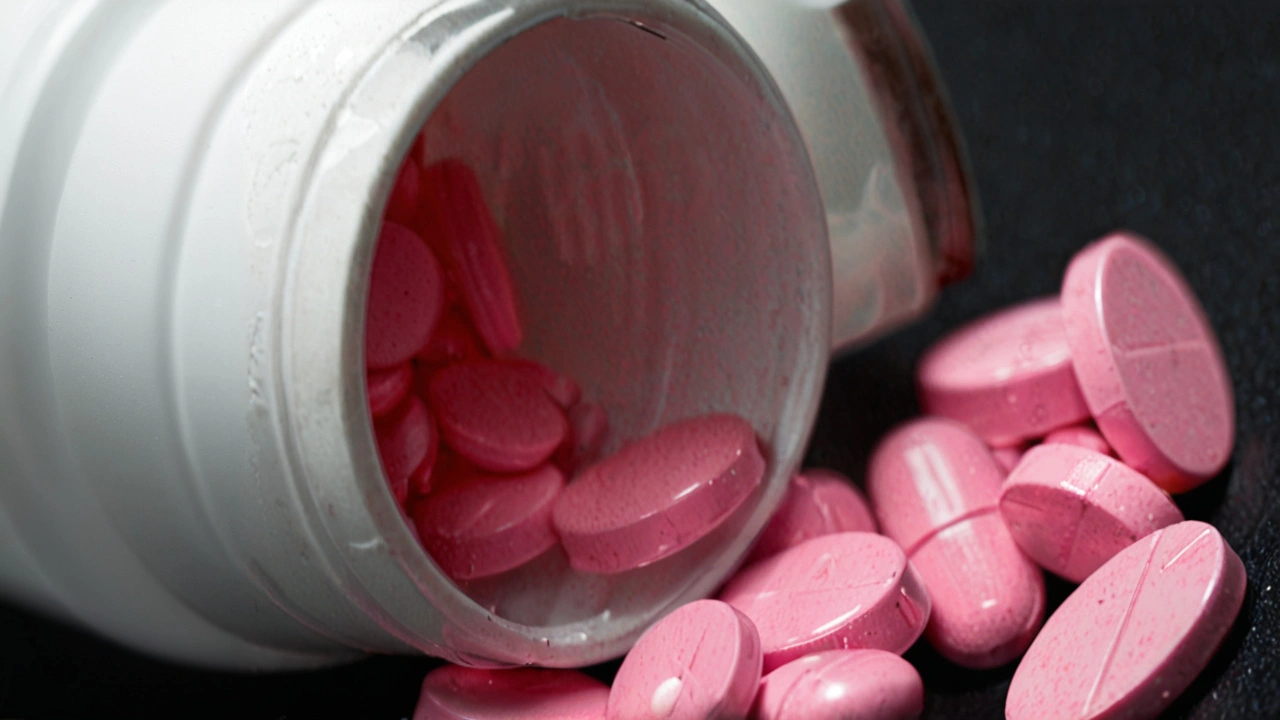Mental Health: Practical Tips, Treatments & Real-World Help
Feeling anxious, down, or worn out? You’re not alone — mental health shows up in lots of ways and there are simple, real things you can try right now. This page pulls together clear tips on anxiety, addiction, mood problems, and memory care, plus quick pointers on when to ask a professional for help.
Quick, practical things to try today
Breathe for two minutes: inhale for four, hold one, exhale for six. That slows your heart and calms your mind fast. Move your body for 20 minutes—walk, bike, or do a short home workout—to lift mood and clear thinking. Sleep matters: pick a bedtime and keep it, even on weekends. Cut caffeine after mid-afternoon if anxiety spikes. Try one small routine change for a week (morning light, a 10-minute walk, or a short breathing break) and notice what shifts.
If panic hits, use grounding: name five things you see, four you can touch, three you hear, two you smell, one you taste. For low mood, do one thing you used to enjoy—call a friend, put on a song that used to motivate you, or step outside for sunlight. These sound small because they are; small wins add up.
Treatments and options that actually help
Therapy works: CBT (cognitive behavioral therapy) is practical and skill-based, while talking with a therapist can help sort patterns and build tools. Medication can be lifesaving for some people; options vary and a doctor will match the right one to your symptoms. If you’re exploring natural paths, check reliable guides on herbs, mindfulness, and lifestyle changes—but talk to your clinician before mixing anything with prescriptions like buspirone or antidepressants.
For alcohol problems, several medications and programs help—options include counseling, support groups, and drugs like naltrexone or acamprosate under medical supervision. If you’re curious about alternatives to a specific drug (Antabuse, for example), read targeted comparisons and ask a prescriber about risks and benefits.
Memory and dementia care benefit from non-drug approaches too. Music therapy can improve mood and recall for people with Alzheimer’s; simple daily routines, familiar songs, and sensory cues often make a big difference in quality of life.
Traveling or managing other health issues? Prepare a short plan: pack meds in original bottles, save emergency contacts, and share your condition with a travel companion. For meds with special warnings—like interactions with alcohol or certain foods—double-check before you leave.
If you want deeper reading, our site has focused pieces on natural anxiety remedies, addiction treatment alternatives, music therapy for dementia, and safe medication use. Use those articles to explore specific topics in detail.
Need urgent help? Contact local emergency services or a crisis line immediately. For non-urgent concerns, start with a primary care visit or a licensed mental health professional and ask for a clear plan with follow-up.
New Research Questions Antidepressant Efficacy for Mild Depression: Alternative Treatments Highlighted
A recent study in JAMA suggests antidepressants may offer minimal benefits for mild depression compared to their side effects. The data from six clinical trials involving over 2,000 patients revealed the need for alternative treatments like psychotherapy and lifestyle changes, challenging current prescription practices.

